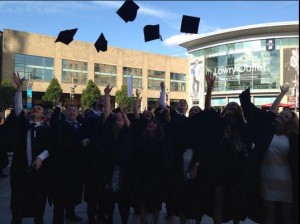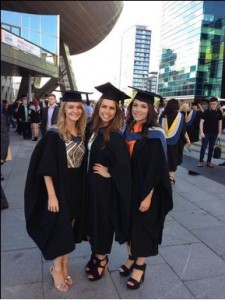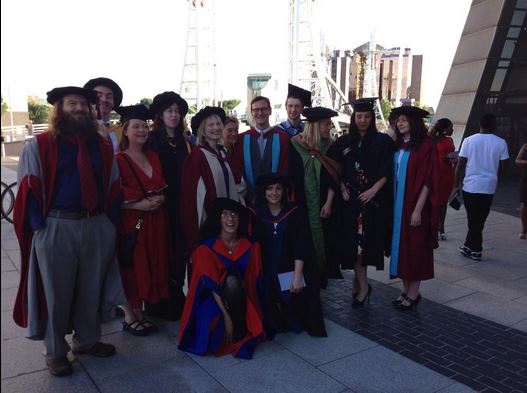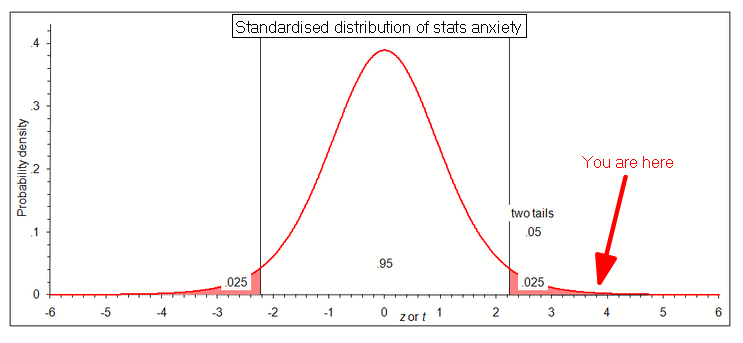
Ivett interviewed Mike Lomas this week.
Mike is a Phd Student and a Part-Time Lecturer here at Salford University.
1. How did you get into Psychology?
I actually discovered the subject by accident. I was originally studying to become a physiotherapist, but my modules in human anatomy and physiology were not sufficient to get me onto my desired degree. My tutor then advised I study psychology alongside them and it was here that I fell in love with it. I began to develop a more comprehensive understanding of ‘health’ beyond physical wellbeing, and how psychology can be of huge benefit to people’s lives.
2. Who is your favourite Psychologist and why?
That is a very good question! I guess I have never really thought about choosing a favourite. A name that springs to mind is Philip Zimbardo. Obviously his work is ground-breaking and he is very well known, but I am a huge admirer of his passion and enthusiasm. His recent work with the Heroic Imagination Project has great potential to be a real force for good. You can read more about Philip Zimbardo’s work on Heroic Imagination here.
3. What psychological concept/topic/issue are you most passionate about?
My main interest is mental health and the promotion of well-being. Broadly speaking, I look to use psychology to have a positive impact of
people’s lives. The beauty of this issue is that it can be applied in almost any context, be it healthcare, education, employment, or just about any human environment.
4. What makes Psychology Department at Salford unique?
I would have to say the applied nature of the work conducted by the staff. The department consists of experts covering broad range of topics, not only theoretically, but also working in the field. This means that they are actively putting their knowledge in the practice to benefit people’s lives and also using this experience to further inform their teaching.
5. If you could work anywhere, which University would you pick and why?
This sounds like a cop out, but Salford. I was born and raised here, so I have a strong attachment with the area and it certainly forms part of my identity. If I were forced to study elsewhere then I would probably choose the University of Copenhagen. I have for a long time been fascinated by Scandinavian culture and this is the oldest and largest university in Denmark. They also have a highly regarded psychology department! We frequently see nations in this region scoring highly in terms of quality of life and I believe that from a psychological perspective there is a lot to be learned from the Scandinavian model, which could be used to inform practice here in the UK.
6. What was the most fascinating research/project you were involved in/conducted?
I couldn’t really single out a single project, but I have recently been working as a research associate at the Sustainable Housing and Urban Studies Unit (SHUSU), here at the University of Salford . They do a lot of work with marginalised and invisible groups such as gypsy and travelling communities, the homeless, and asylum seekers. Whenever you see such individuals discussed it’s usually from an outsider’s perspective and I’ve found that working with them provides a real insight into their lives and experiences. Find more information about Sustainable Housing and Urban Studies Unit here.
7. What are you working on at the moment?
I recently began working towards my PhD here at Salford. It’s a multidisciplinary project covering such areas as environmental and social psychology, urban studies, human geography and mental health. Specifically I am looking at urban regeneration and how this may impact on identity. Many of the ways in which we define ourselves are embedded in physical structure and I’m investigating whether changes to an environment can impact on self-concept. Also, as with much of my work, I will be exploring the impact of such projects on mental health and wellbeing.
8. If you could choose another Profession, what would it be?
Definitely investigative journalism. George Orwell once said that; “Journalism is printing what someone else does not want printed: everything else is public relations.” So, yes. I guess I would enjoy being a professional trouble-maker. I’d also like to think I’d still consider things from a psychological perspective.
9. Do you have a favourite quote?
I don’t have a favourite, but one that I recently stumbled across is:
“If the human brain were simple enough for us to understand, we would be too simple to understand it.”
I feel it nicely highlights the paradox that is human psychology. It’s also a good, go to quote if a question from a particularly insightful student has you stumped!
10. Facebook or Twitter?
Twitter, absolutely. I find people are often cynical about social media use, but I believe it is down to how you choose to interact with it. Scratch the surface and you have an excellent source of information, resources, discussion, and debate. I certainly wish I had discovered it earlier into my academic career.
11. Which book is a must have for Psychology students?
I couldn’t really recommend a particular book, but rather any research methods book than you feel is helpful to you. I find this area, particularly stats, is one that can cause a great deal of anxiety for students. A good research methods book that you find easy to understand can prove a real life-saver.
12. What advice would you give to SalfordPsych students?
Think ahead. Graduation may seem a long way off, but once you’re into your studies, three years will fly by. Ideally you want a plan of what’s next, so you can hit the ground running on graduation.
13. What do you hope for Psychology in the future?
I know it isn’t much to ask, but I want it to help save the world. Climate change, war, famine; these are all human-based problems with human-based solutions, which I’d very much like to see solved.
If you would like to know more about Mike, please find his blog here. You can also find Mike on Twitter .




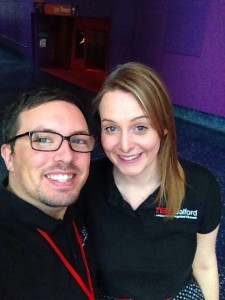
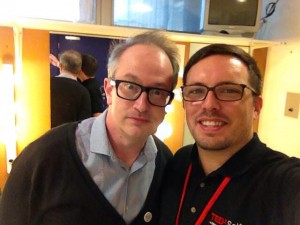
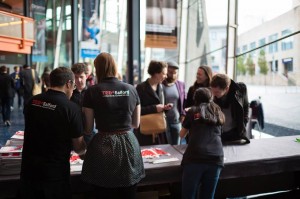



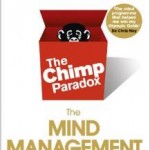 ophilia’
ophilia’